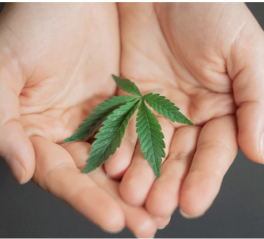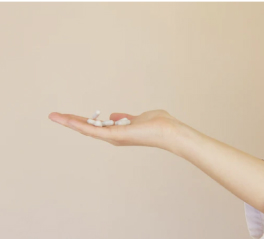Causes / Predispositions
The exact cause(s) of MS are unknown. Factors that may contribute to MS include:
- Genetic Predisposition
- Gender (More Common in Female Patients)
- Environmental Factors
- Age (Commonly Diagnosed Between Ages 20-40)
Symptoms
Common symptoms include:
- Muscle Spasticity
- Chronic Pain
- Neuropathic Pain
- Feeling Stiff/Weak
- Fatigue
- Limited Mobility
- Loss of Balance/Coordination
- Loss of Focus/Concentration
- Bladder Control Issues
- Numbness/Tingling Sensations
- Blurred Vision
- Inability to Perform Activities of Daily Life
Traditional Treatments
While treatments can assist in managing symptoms, relieving attacks and/or slowing the progression of MS, there is currently no cure.
Treatments and medications prescribed to patients with MS are dependent on factors such as the form of MS, severity of symptoms and complications due to additional medical conditions.
Medications
Muscle Spasticity:
- Baclofen
- Biperiden
- Botulinum Toxins
- Dantrolene
- Diazepam
- Trihexyphenidyl
Immunomodulators:
- Alemtuzumab
- Daclizumab
- Dimethyl fumarate
- Fampridine
- Fingolimod
- Glatiramer
- Interferon beta
- Natalizumab
Bladder Control:
- Darifenacin
- Oxybutynin
- Solifenacin
- Tolterodine
Additional Medications/Treatments:
- Analgesics (Opioids)
- Corticosteroids Injection (Methylprednisolone)
- Laxatives
- Stimulants (Caffeine)
Treatment with Cannabis Medicine
Additional research is needed to fully understand the therapeutic potentials and possible side effects of cannabis as a treatment for MS. Current research indicated that cannabis medicine may be a safe and effective alternative to traditional medications used in the treatment of MS.
Cannabis medicine can be useful in relieving MS symptoms such as:
- Muscle Spasticity
- Chronic Pain
- Neuropathic Pain
- Bladder Control Issues
- Poor Sleep Quality
- Limited Mobility
- Reduced Quality of Life
Recommended Intake Method(s)
- Edible Oils – Useful as a preventative treatment. Effectiveness limited by slow onset.
- Inhalation via Vaporizer – Useful in achieving immediate symptom relief due to fast onset.
Recommended Product Formulations
- Products containing ratios of 1:1 THC to CBD.
Notable Terpenes
- Caryophyllene (Anti-inflammatory, Muscle Spasms)
- Myrcene (Analgesic, Sedating, Muscle Relaxant)
- Linalool (Analgesic, Analgesic, Anti-Anxiety)





